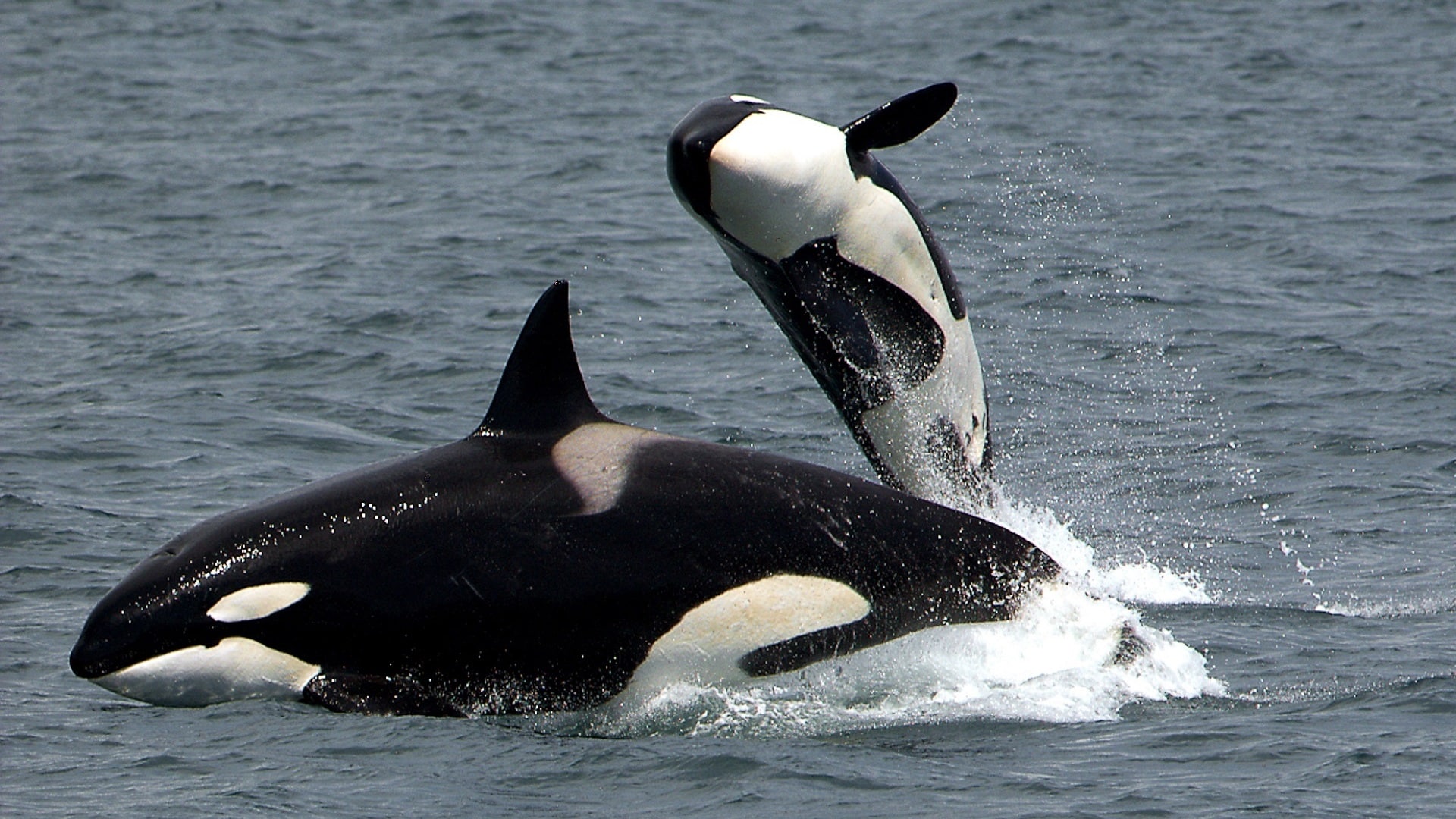For hundreds or thousands of years, the people who lived in the Salish Sea had a close relationship with the natural world.
I have spoken often about it since my election. I have stood regularly in public meetings, at private coffee parties and at the spot in the British Columbia Legislative Chamber reserved for the Member representing Saanich North and the Islands, the heart of the Salish Sea, to breathe life once again into the ancient paradigm.
Indeed, it has only been less than a couple hundred years that this place has operated with the current anthropocentric point of view. And, no matter how modern we believe our current set of beliefs to be, very little has changed in the ensuing two centuries on this particular topic. The world revolves around the human. Everything flows to and through our magnificence. This idea was brought to North America on the ships along with incredible yet-to-be-seen technologies and it became the dominant philosophy, like many other invasive species knowingly and unknowingly unleashed on the territories.
The centre of the universe?
Much like the outrageous minds of Copernicus and Galileo who made heretical suggestions that the earth was not at the centre of the universe with all else in service to and circling our little blue green planet, there is another construct that guided human relationships with all our neighbouring living creatures: they were our relatives. In Saanich, the Creator (a Great Transformer), chose specific humans and families of humans to transform into all the flora and fauna that we are in relationship with.
The salmon were the hardest working people, the cedar were the kindest people, and so on. This understanding did not necessarily limit the people’s resource extraction and development, rather it created a long lost sense of duty to our relatives to be sensitive to them and their needs. It was the purest form of respect for biodiversity.
As I have often repeated, with each transformation was the terms of the agreement, “you look after them, and they will look after you.” It was an ancient contract that, if followed, maintains a sacred balance. When broken, when one stops looking after the other, we begin to diminish, to lack.
Time for a new paradigm?
So when I heard the episode of The Big Story Podcast with Lyndsie Bourgon about an article she wrote for The Walrus called “Whales Are People Too” considering whether or not the Southern Resident Killer Whales should have the same rights as humans, it brought me back to the teachings of my W̱SÁNEĆ (Saanich) ancestors who knew no other way to relate to the KELȽOLEMEĆEN (orca). We spoke with them and we fished with them. They were us and we were them. When they were sick, we were sick. When they were happy and healthy, so were we and vice-versa.
For centuries, the best science and most advanced philosophical understanding was certain everything revolved around the earth. That was proven wrong. Some cultures have operated under the belief that all things revolve around the human who is top of a food chain, set apart by our consciousness and intelligence. Yet, in our brilliant stupidity we will eat ourselves out of house and home, dooming our own offspring.
Currently, nothing is as sacred as the human; the legal rights of the person stands above all else. When Galileo finally saw through his telescope that we were not the centre of the universe but just another little planet swinging methodically around one of countless burning gas balls, we should have been humbled.
Perhaps it is time to recognize that we have broken the ancient contract of this territory and acknowledge that all other species surrounding us need their human relations to live up to our side of the agreement.


Well spoken, thank you!
Thank you Adam. You express this truth so eloquently.
Brilliant article. I wrote in a similar way in my book ‘ Dream Catcher and Reconciliation. Wally
This paradigm shift is the way forward to meet the multi-faceted challenge of climate change.
Well expressed!
We have lost our connection to the land and the natural world. Finding a way to reconnect to nature in increasingly urbanized societies is a challenge. Perhaps a paradigm change begins with articles like yours. Thanks.